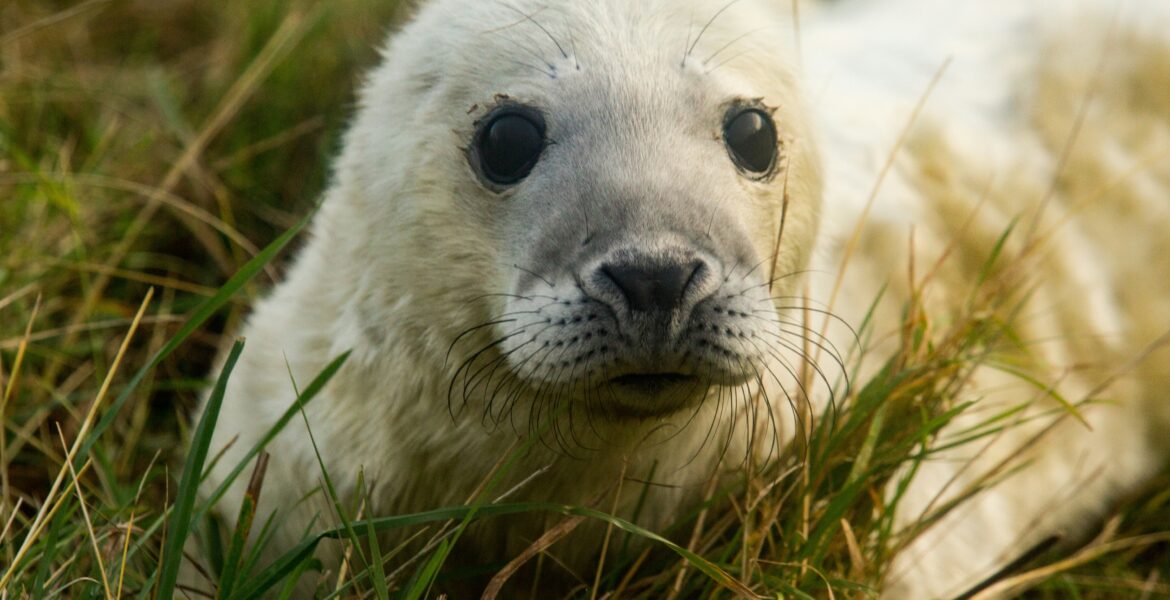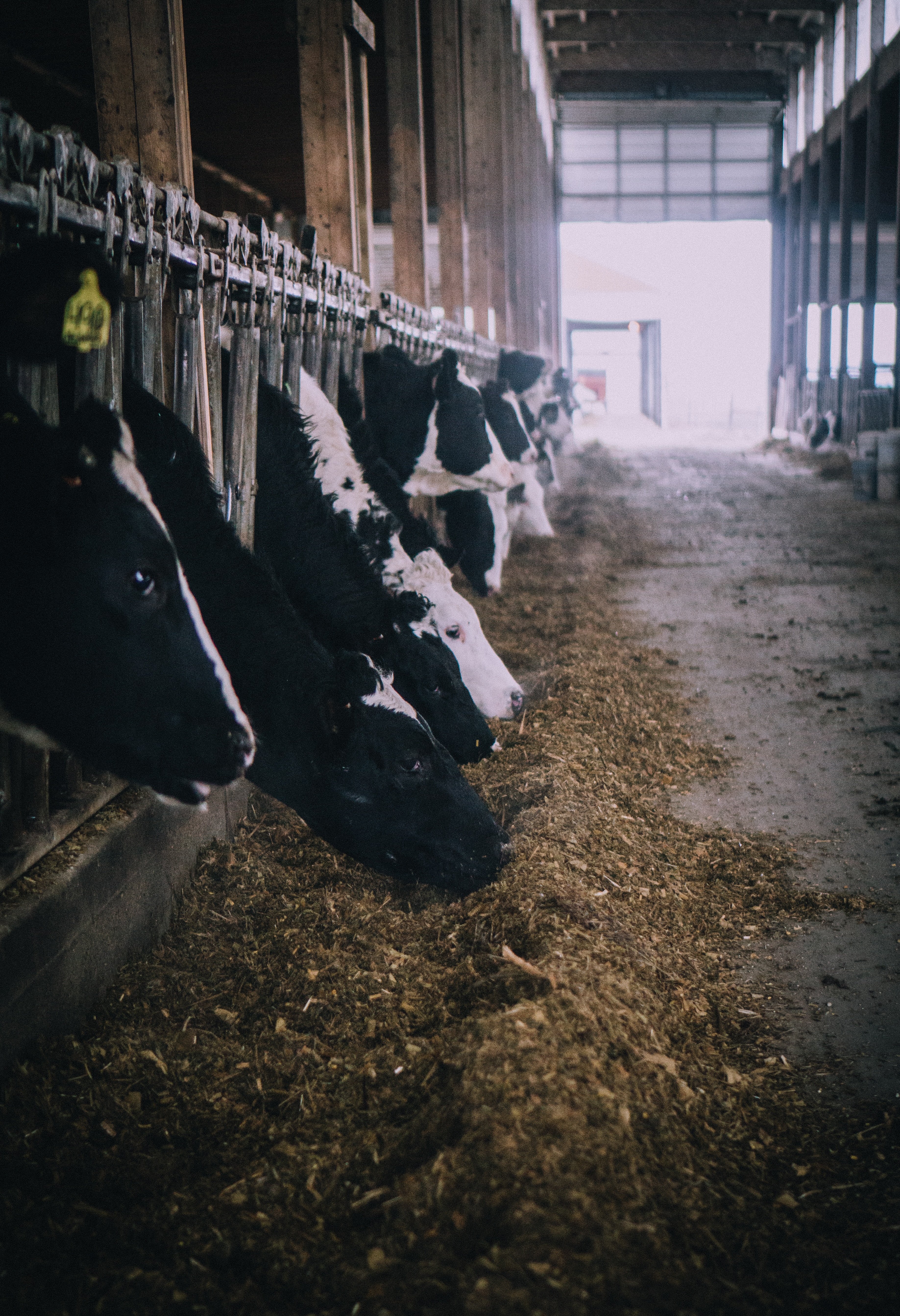Photo by Diana Parkhouse on Unsplash
A new survey indicates broad support among EU citizens for maintaining the ban on seal products derived from commercial hunting.
The survey, which assessed public opinion on the EU Seal Trade Regulation, was published on 2 August.
Its authors say it underscores the continued importance of protecting animal welfare and upholding ethical standards.
It was conducted by Savanta in July 2024 among 13,000 citizens in 13 EU Member States and was commissioned by several NGOs including IFAW.
The results show that 80% of respondents support the EU ban on the trade in seal products derived from commercial hunting. Additionally, 80% believe the EU regulation on the trade in sea products remains crucial to protect the ethical concerns of EU citizens and animal welfare.
Furthermore, 68% agree that the existing legislation regulating the trade in seal products in the EU is still appropriate and should not be weakened in any way.
An earlier survey carried out in 2011 showed that 72% of citizens in 11 EU Member States supported the restriction on the trade in seal products, demonstrating that there is even more support for the legislation now.
Barbara Slee, Senior Programme Manager for International Policy at IFAW, emphasized the significance of these findings: “The survey shows that EU citizens are still very concerned about animal welfare. They are happy that seal products from commercial hunts are no longer sold on EU markets. The EU should stand up for the values of its citizens. The EU seal trade regime is a milestone that should be celebrated, not evaluated.”
The EU seal trade regulation, first enacted in 2009 and confirmed by the World Trade Organisation in 2014, was a landmark decision to address the ethical concerns of citizens and protect seal populations from the cruelties of commercial hunting. The regulation aimed to harmonize national bans across the EU and eliminate the presence of products obtained from cruel commercial hunting.
IFAW has been at the forefront of this battle since its foundation in 1969, achieving significant victories such as the 1982 EU ban on the import of whitecoat harp seal.
The current public consutlation, launched by the European Commission on 15 May 2024, is presented as a routine assessment to ensure that the regulation still meets its original objectives.
For IFAW, however, this rings alarm bells as there is a risk that the successful restrictions on trade in seal products will be watered down.
Slee added: “Our fight to protect seals is not over yet. The new survey confirms that EU citizens remain steadfast in their support for the ban. It’s crucial that we continue to uphold these values and protect vulnerable seal populations from inhumane practices.”
The survey was conducted online by Savanta in July 2024 among 13,000 respondents in 13 Member States: Belgium, France, Germany, Italy, Lithuania, Netherlands, Poland, Romania, Spain, Sweden, Finland, Denmark, and Estonia. It was commissioned by Eurogroup for Animals, IFAW, HSI and World Animal Protection.




